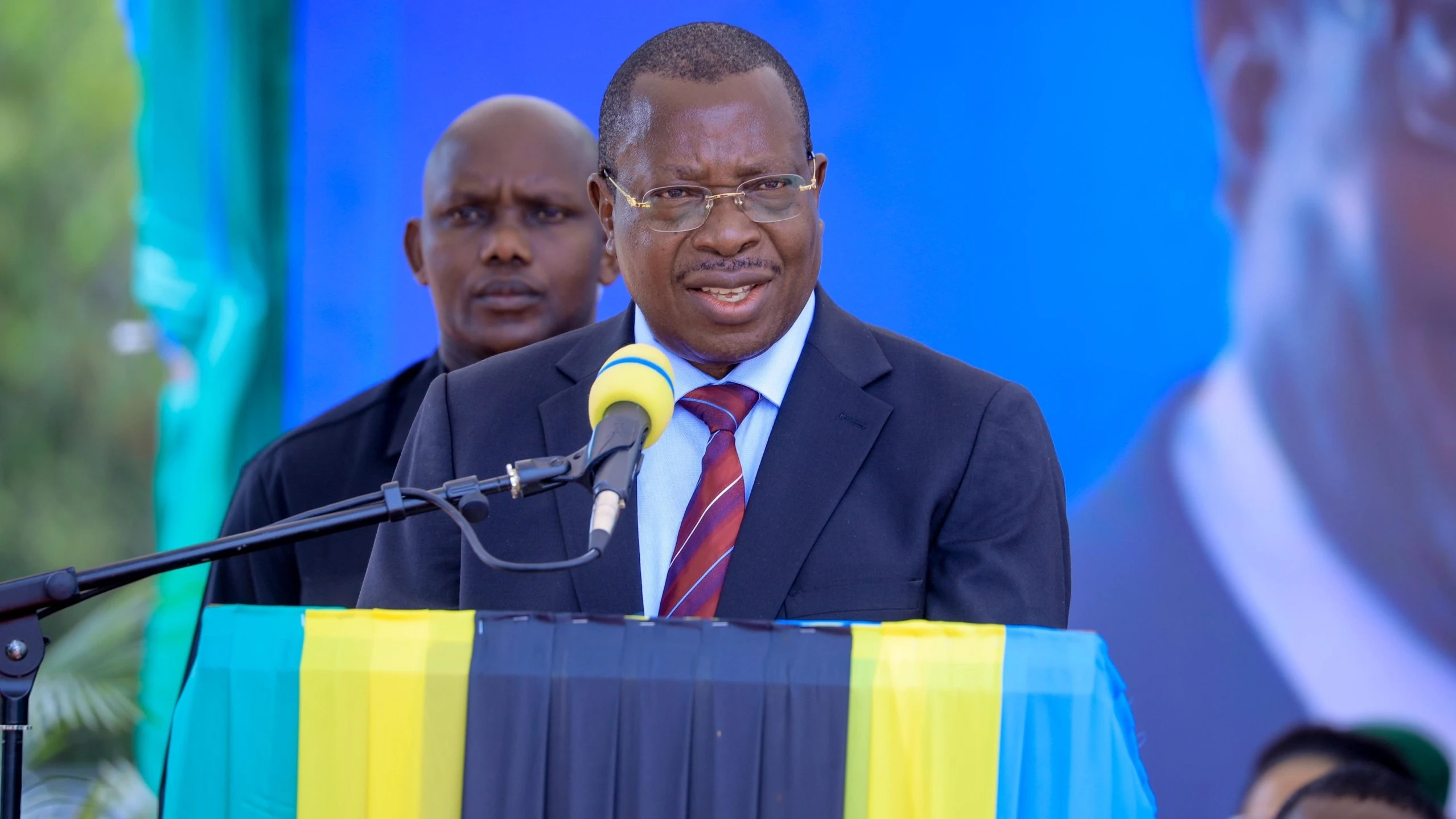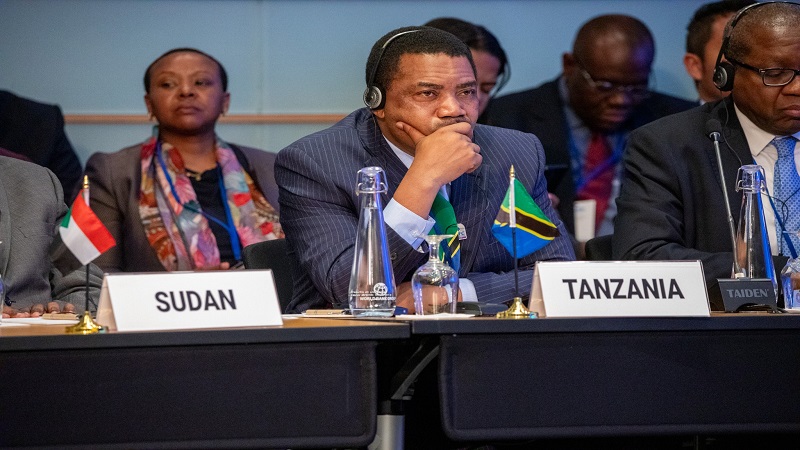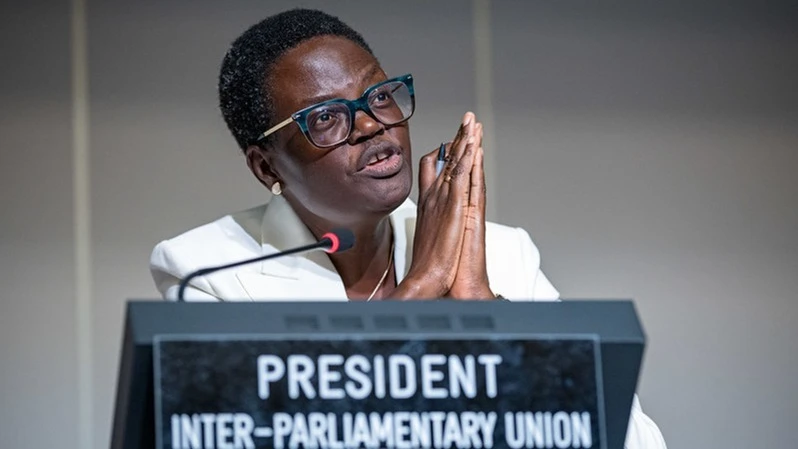African countries urged to balance foreign investment with national interests in mining

Charles Robertson, a UK-based international investment expert and speaker at the upcoming 2024 Financial Times Africa Summit, has advised African nations to adopt multifaceted strategies emphasizing education, stable legislation, and strategic resource management to navigate the complexities of foreign investment and national interests in the mining sector. Charles will contribute to the discussion as part of the panel titled: International Investment in the National Interest or Stripping of National Assets in Tanzania?
In an online interview with this publication, Robertson stressed the importance of educating citizens about the value of mineral resources.
He argued that an informed public can promote greater political stability and reduce resentment toward foreign investments, citing Botswana’s successful model as an example.
He also pointed out significant disparities in mineral revenue per capita among nations, noting that countries like Zambia and Nigeria are lagging behind, which has negatively impacted their infrastructure and education systems.
Robertson’s insights shed light on the challenges and opportunities that countries face as they strive to foster economic growth while protecting local resources.
“When prices rise, governments often increase taxes, but during downturns, they leave investors unsupported,” he cautioned, warning that such volatility can deter foreign investors seeking stability.
He emphasized the need to align foreign investments with national priorities, referencing Tanzania’s historical challenges with foreign mining operations as a case in point. Robertson stressed the importance of clear and stable legislation that can attract investment while safeguarding natural resources.
“Regulations should attract investment while ensuring our natural resources are protected,” he asserted, urging governments to strike a balance that benefits both investors and citizens.
Job creation was another focal point of Robertson’s discussion. He noted that the mining and oil sectors often fail to provide substantial employment opportunities.
Given Africa's rapid population growth, limited job prospects have heightened public frustration over foreign companies perceived as extracting resources without providing adequate local benefits.
“Educating girls leads to smaller families and increased savings,” Robertson explained, emphasizing how empowering women can drive long-term economic benefits. For countries like Tanzania, improving access to education is crucial to effectively harnessing their natural resources.
He also suggested that countries should carefully evaluate trade-offs before signing agreements that could jeopardize their resource sovereignty. “It’s all about priorities,” he said, advocating for thorough scrutiny of such decisions.
Robertson underscored the importance of involving local communities in discussions about foreign investments, calling for frameworks that promote genuine participation beyond basic corporate social responsibility initiatives.
“Transparency in investment approval processes is essential for building trust and ensuring that local communities truly benefit from resource exploitation,” he concluded.
Top Headlines
© 2024 IPPMEDIA.COM. ALL RIGHTS RESERVED

























